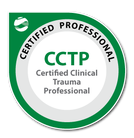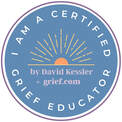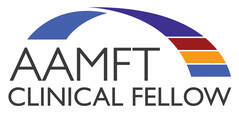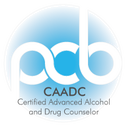|
“Man never made any material as resilient as the human spirit.” – Bernard Williams
As I sit with my clients week after week I hear how frustrated they are with their inability to change. They often say they want to stop using and when they are thinking rationally they tell themselves that they are never going to use again, but then the compulsion takes over and they lose the choice, only to find themselves using again. It is frustrating and disappointing each time they use and the hope that they had of stopping gets harder to find. I have often pondered whether the addiction they describe so clearly is a disease or if it truly is a choice. There is a big debate in the field and there are strong proponents on each side who argue their case. For a long time addiction was touted as a moral issue. People suffering from addiction were judged as not being strong enough to simply say ‘no’ and thus were treated poorly. More recently though, addiction has become defined through the medical disease model. The American Society of Addiction Medicine has defined addiction as “a primary, chronic disease of brain reward, motivation, memory and related circuitry.” (http://www.asam.org/quality-practice/definition-of-addiction) They clearly discuss the physical changes in the body that occur throughout the progression of addiction and discuss the way the brain’s circuitry and neurochemistry are physically changed. There are debates going on throughout the addiction field as to whether addiction is a choice or a disease. What I have come to believe is that it is not either/or, but instead both/and. Addiction is complex and to simply say it is a choice denies the fact that there are physical changes within the body which limit the person’s ability to access the rational part of the brain where choices are made. At the same time to say it is purely a disease denies the fact that people can and do stop using by choice. So, how can these two sides find some agreement? I believe it starts by looking at addiction through the mind, body AND spirit. In the mind we have the choice, in the body we have the physical disease, but the third aspect, the spiritual aspect is not usually addressed. To me, the spiritual is the authentic and genuine aspect of each of us that is under the ego. It is who we truly are. It is the spark of life itself that is breathing us and beating our heart. When we are able to help clients tap into the authentic part that is their true self, they are able to access both the power to choose and the power to heal a disease. Ultimately, whether it is a disease or a choice truly doesn’t matter. What does matter is helping people overcome their addiction. Helping each person reconnect with who they truly are is what I believe to be the first step towards recovery. It is helping them to see that under the addiction they are whole and well. Despite what they may or may not have done, they can begin to love themselves and the power of developing the spirit, the authentic part of them, is where true healing begins and addiction ends.
0 Comments
Leave a Reply. |
Archives
April 2020
Categories
All
|
 RSS Feed
RSS Feed




